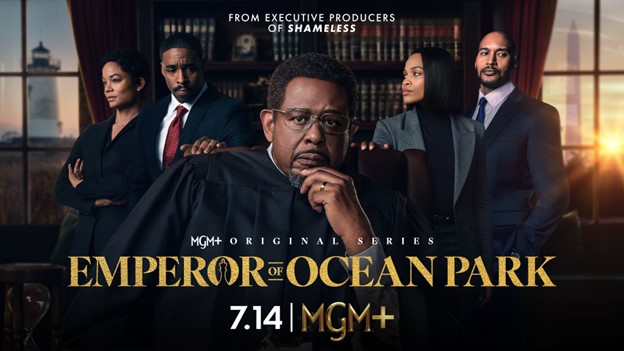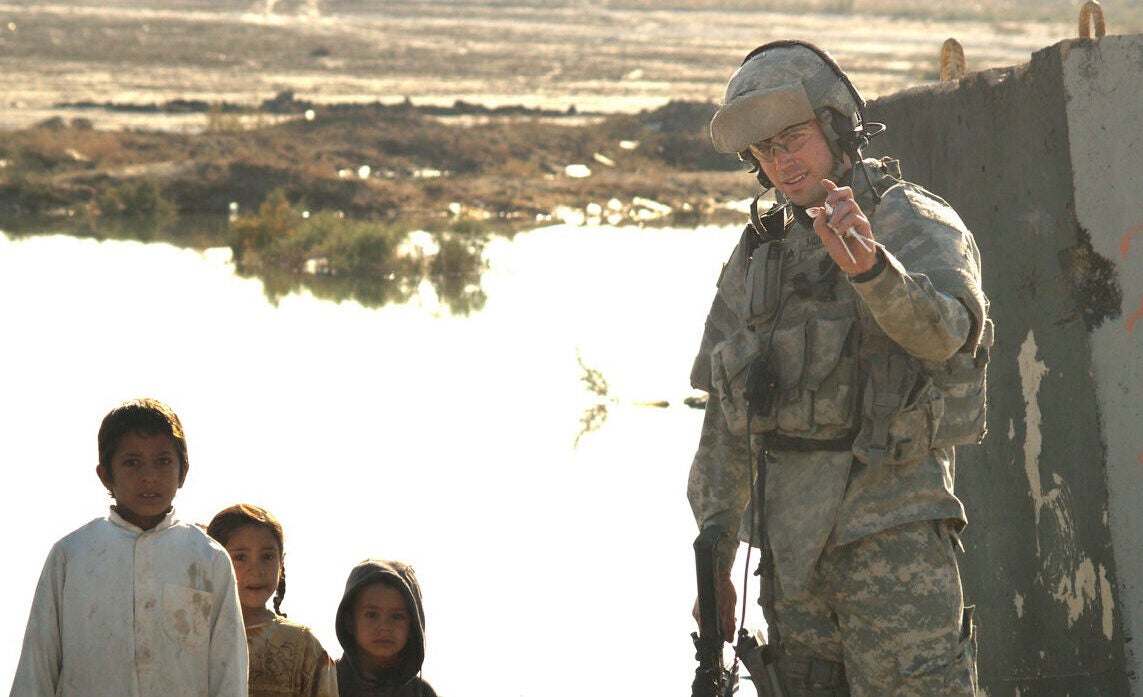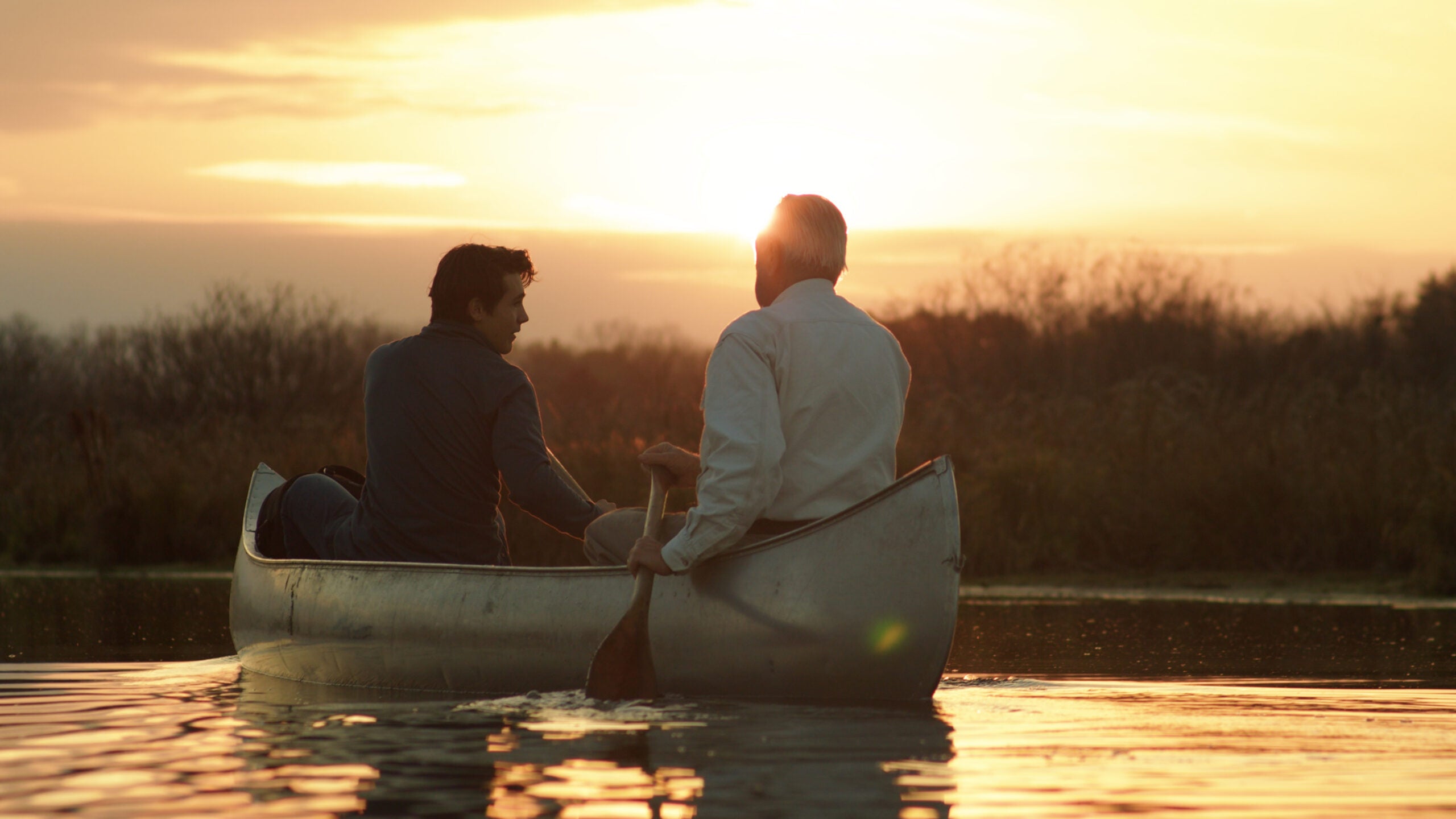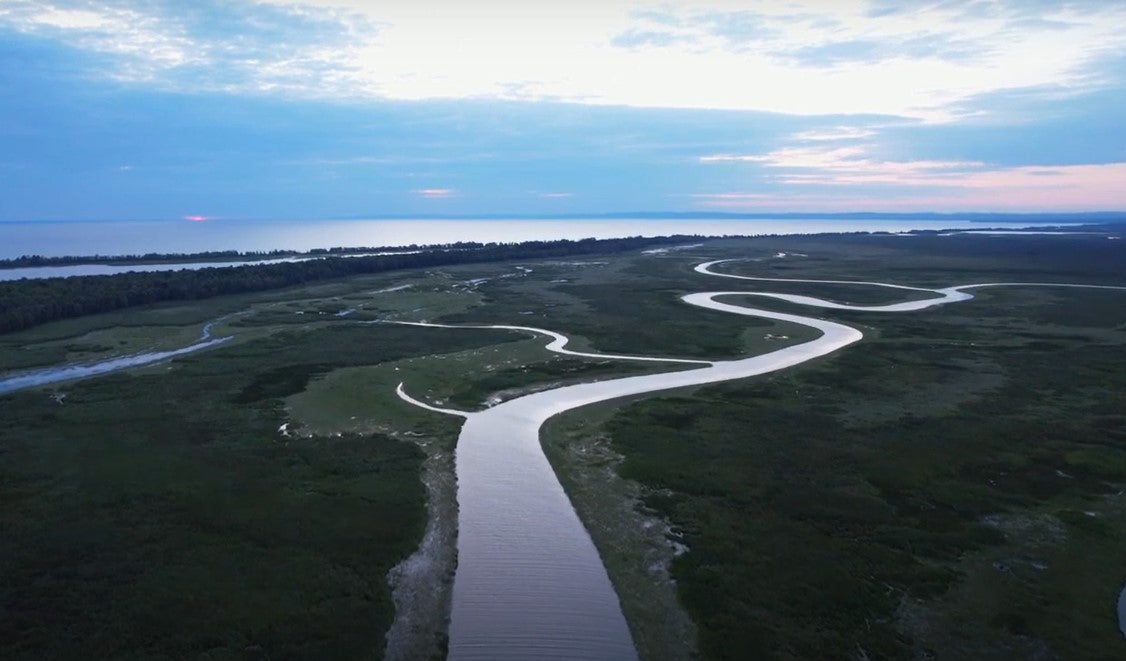A new mystery series will showcase Wisconsinite Paulina Lule in one of their biggest roles to-date. Lule stars opposite actor Grantham Coleman as the daughter-in-law of a judge played by Oscar-winning actor Forest Whitaker.
In an interview with WPR’s “Wisconsin Today,” Lule described their character as an ambitious, smart, funny and sometimes duplicitous lawyer.
“I think she’s so interesting and complex,” Lule said of their character Kimmer Madison-Garland. “People are going to love her or they’re going to hate her.”
Stay informed on the latest news
Sign up for WPR’s email newsletter.
“Emperor of Ocean Park” premieres on MGM+ on July 14.
After honing their craft in Los Angeles, Lule returned to the Badger State to build their career and encourage more filmmaking in Wisconsin.
Lule is currently part of the steering committee for Action! Wisconsin, an organization working to pass a bill that would provide film and TV production tax incentives in the state.
“Wisconsin has an incredible diversity of landscapes that we haven’t really seen in film and television before,” Lule said. “It is a beautiful state … You can go from urban to rural in 15 minutes, which from a production standpoint is very convenient.”
Lule said the film incentives can be really beneficial for Wisconsin and can bring jobs to local economies because of the amount of money spent during production.
On “Wisconsin Today,” Lule talked about their career and how they spend their off-screen time promoting environmental conservation efforts in their hometown of Milwaukee.
“Moving back to Milwaukee allowed me to bring home what I’ve learned.”
Paulina Lule
The following was edited for clarity and brevity.
Rob Ferrett: You did a fair share of your acting training in California. What keeps you here in Wisconsin?
Paulina Lule: Milwaukee had been calling me home for probably the last five or six years. I love the laid back vibe of the Midwest, the lack of pretension, the food. Ian’s Pizza is my jam.
I grew up here, obsessed with movies but not really seeing a path to acting because no one around me was really doing it. I felt like I had to leave.
Moving back to Milwaukee allowed me to bring home what I’ve learned. (I want) to show people you don’t have to leave Milwaukee. We can stay here and we can grow the artist community here and still make an impact nationally.

RF: You’re also a filmmaker. Are you working on any projects right now?
PL: I’ve written a zombie film about a man who’s returning to Sherman Park in Milwaukee after spending some time in prison. He wants to start his life over, but society around him has turned on him.
When people know that you’ve been to prison, they treat you differently. A few years back, my brother was released from prison and I was feeling a lot of anxiety about him coming back into society. Was he going to be able to find a job? How is he going to rent a house? A lot of people who reenter society are denied these things.
I set (the film) in Sherman Park because we grew up right next to it, in Washington Heights. The Zip codes in those areas have some of the highest incarceration rates in the country.
RF: When you’re not on screen, you do a lot of work with the Zoological Society of Milwaukee. Tell us about what you do with them.
PL: Right before I went to film “Emperor of Ocean Park,” I worked at the Zoological Society’s Kohl’s Wild Theater program. It was this place where my personal appreciation for our planet met with my artistic sensibilities. We performed musicals for elementary-aged children that teach them about the wildlife conservation issues animals are facing and ways humans can help. Then I started managing some of their arts and conservation education programming.
I also got to executive produce the new theme song for Kohl’s Wild Theater, called “We Can Make A Difference.” You can hear it right before every Kohl’s Wild Theater show. I worked with a wonderful Milwaukee artist named B~Free, who also composed the music in a play I was in with the Milwaukee Chamber Theater called “Hoops.”
My work with the zoological society was my first foray into conservation. We had a play called “Finding Harmony,” which is about living in harmony with the animals that frequent our backyards. It’s teaching children that the squirrels, rabbits and birds that come in all have different needs. When you provide them with their needs, you can live in harmony with them. I’ve taken that to the max. I have bird feeders, bird baths, and all kinds of different ways that I’m trying to live in harmony with the wildlife in my own home in Milwaukee.
Wisconsin Public Radio, © Copyright 2025, Board of Regents of the University of Wisconsin System and Wisconsin Educational Communications Board.





